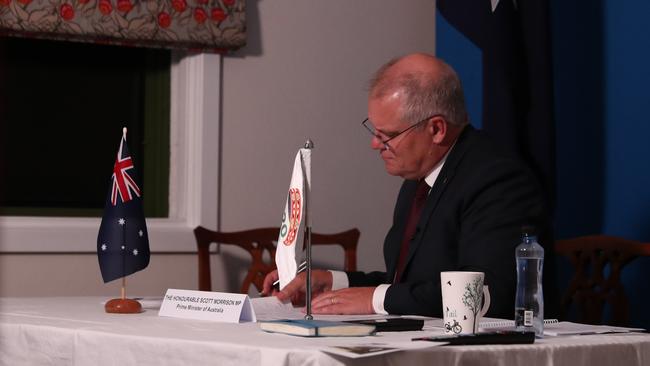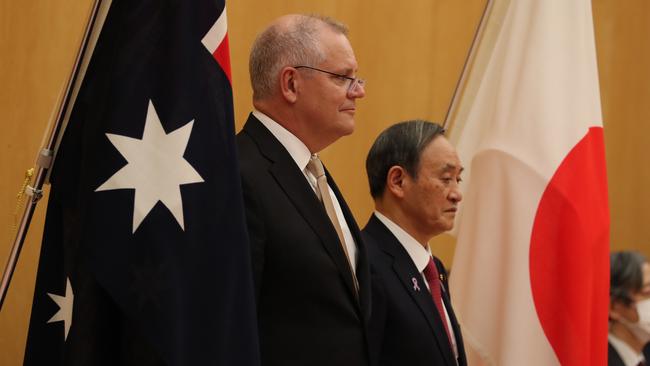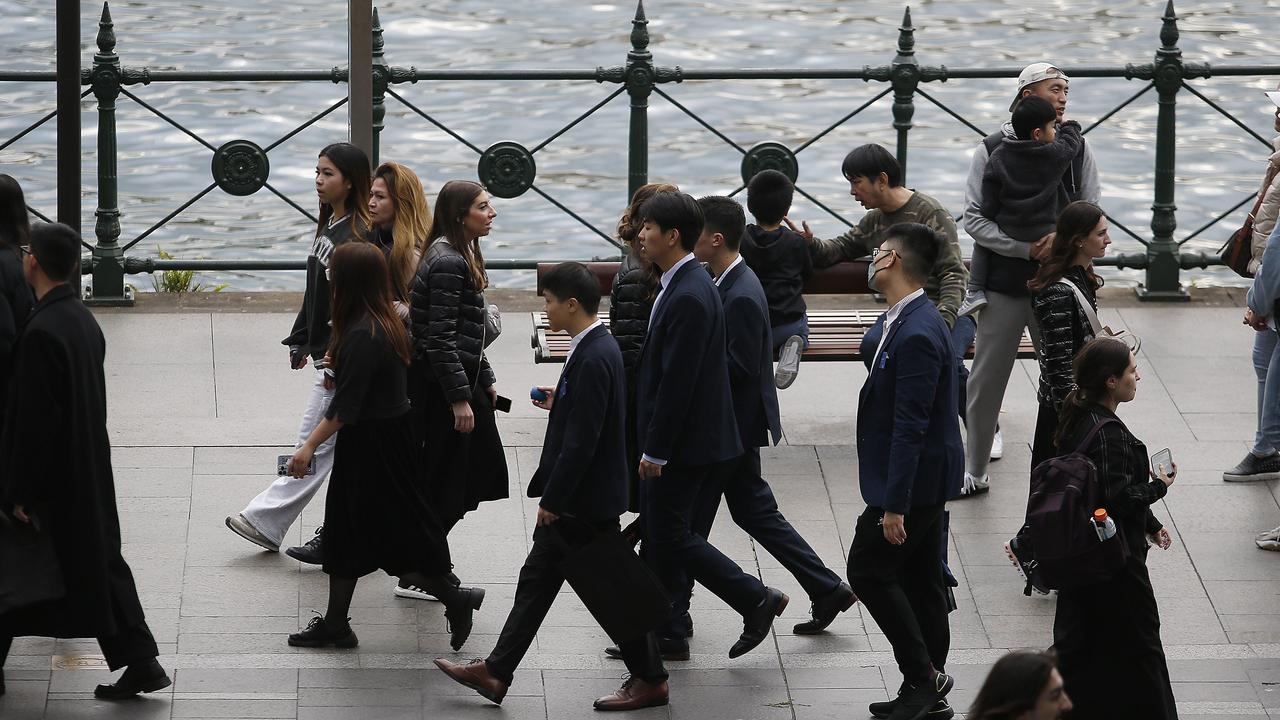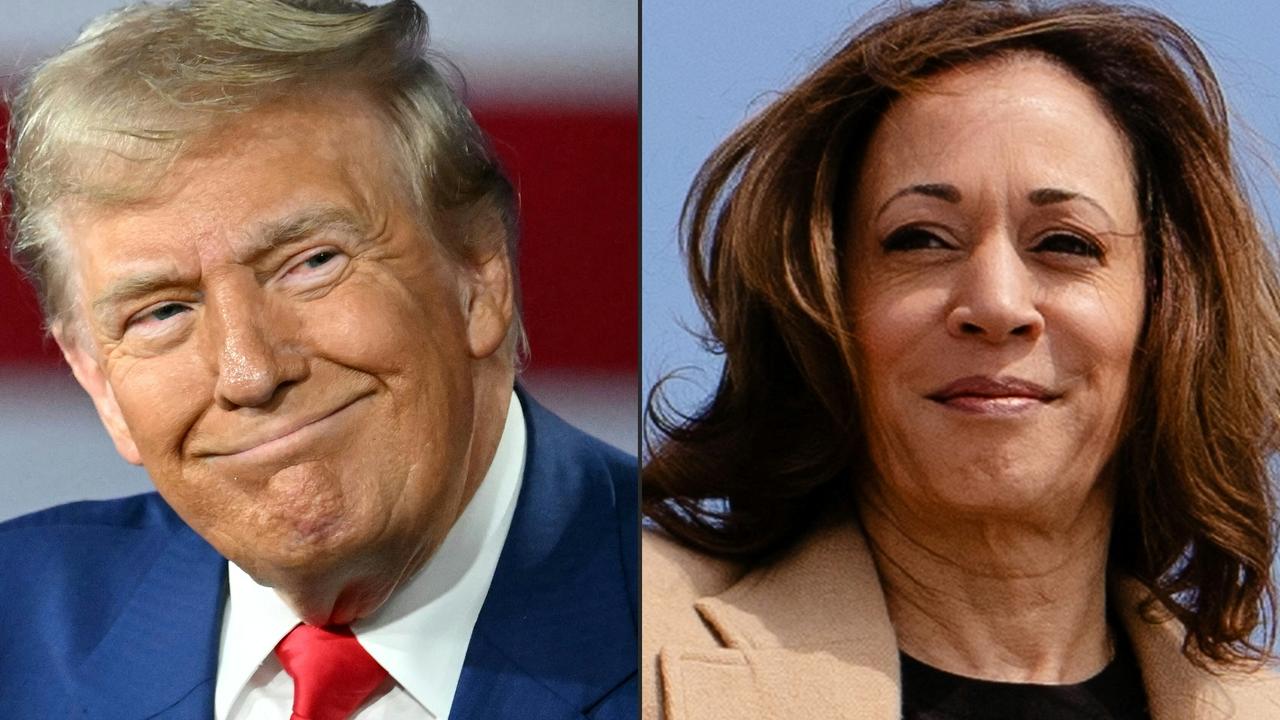
For the first time in many years there are signs of optimism that the deep divisions between Australia and China can be contained. There will be more skirmishes but, all of a sudden, very early green shoots are appearing on a number of the branches in the Australia-China trade tree.
We have a long way to go but at least there is now the beginning of a recognition that there is a problem that needs to be addressed.
As my readers well know the Australia China problem gained its first impetus in 2008 when the then Prime Minister Kevin Rudd spoke in mandarin at his address at Beijing University criticising China human rights and other matters China believed were its internal affairs.
Then that was followed by constant criticism from former Foreign Affairs Minister Julie Bishop and foreign affairs officials which further angered China.
Australia was made aware of the Chinese concerns but took no notice. Then came the escalating dispute between China and the US and we got swept up into the affair by apparently taking the US side. The ramifications multiplied because of the earlier differences.
But China must now be realising that its attacks on Australia are having the reverse impact to what is supposed to happen in such strategic games.
Instead of Australia kowtowing, the local anti-China sentiment is mounting and around the region there is increasing unhappiness that Australia has been picked out.
Standing firm
Against that background let me describe four green shoots.
The first comes from the really courageous statement by the chief executive of Tahbilk Wines, Alister Purbrick, whose top-quality wines are being impounded by the Chinese. But the fifth-generation, family-owned winery supports the stance of the federal government and says that stance is far more important than the four containers of Tahbilk wine being locked up by China.
That an Australian family that is being hit by China is issuing this sort of rallying call by sends a clear message to Beijing. It needs to be repeated by other “victims”.
But on the other side Scott Morrison was very conciliatory towards China in his address to the Policy Exchange in London.
For example he said: “We want a happy coexistence, respecting each other’s sovereignty and systems in a mutually beneficial relationship”.
Later, he said: “Our actions are wrongly seen and interpreted by some only through the lens of the strategic competition between China and the US. It’s as if Australia does not have its own unique interests or views as an independent sovereign state. This is false and needlessly deteriorates relationships.”
The third green shoot is that Morrison was the first overseas leader to meet with the new Japanese Prime Minister Yoshihide Suga. Almost certainly they talked about China’s increasingly aggressive attitude towards Australia.
Within a few days the Chinese Foreign Minister Wang Yi also announced a visit to Japan making contact with the new Japanese prime minister. Almost certainly the Australian issue will be raised given the proximity of the Morrison visit.
So now we have the issue being addressed directly at top political levels and Australia is calling for talks to reconcile differences.

RCEP’s role
But all of these events require the self-interest trigger to be galvanised. Last week I set out how the key to the Regional Comprehensive Economic Partnership (RCEP) was not so much tariff reductions, but the introduction of modern systems of communication and software into the way goods and services are traded.
On the Australian side, we have already made strides in this direction, but it is vital that we go faster and have better systems. But those systems must be part of a regional network if the 14 nation trading partnership is to be successful.
In this context a set of cables came from China this week that shows that the Chinese see the regional pact in exactly the same way. We are an important part of that grouping and played a significant role in bringing it together. For it to work Australia and China will need to be co-operative. So in this context what the Chinese are saying about the agreement is important to our future trade.
Chinese officials say that the digital tools to increase manufacturing efficiency will make China’s manufacturing more capital intensive. In turn, this will increase the integration of supply chains into artificial intelligence based systems.
Accordingly, China is making large investments to link its artificial intelligence capability with the modern supply chains that are going to a emerge as key parts of RCEP
But to achieve those systems goals in the RCEP China will require trust which is incompatible with suddenly banning shipments of goods from one of the RCEP partners. If Australia is picked out who will be next?
Australia must understand the importance China places on RCEP and we need to work very hard to make that our supply chain adopts modern systems and clean up the mess in our internal small and medium business tax, cash flow and unfair contract structures.
Meanwhile we need to hope that these green shoots overcome what will inevitably be more skirmishes in the short term ends
Read related topics:China Ties



